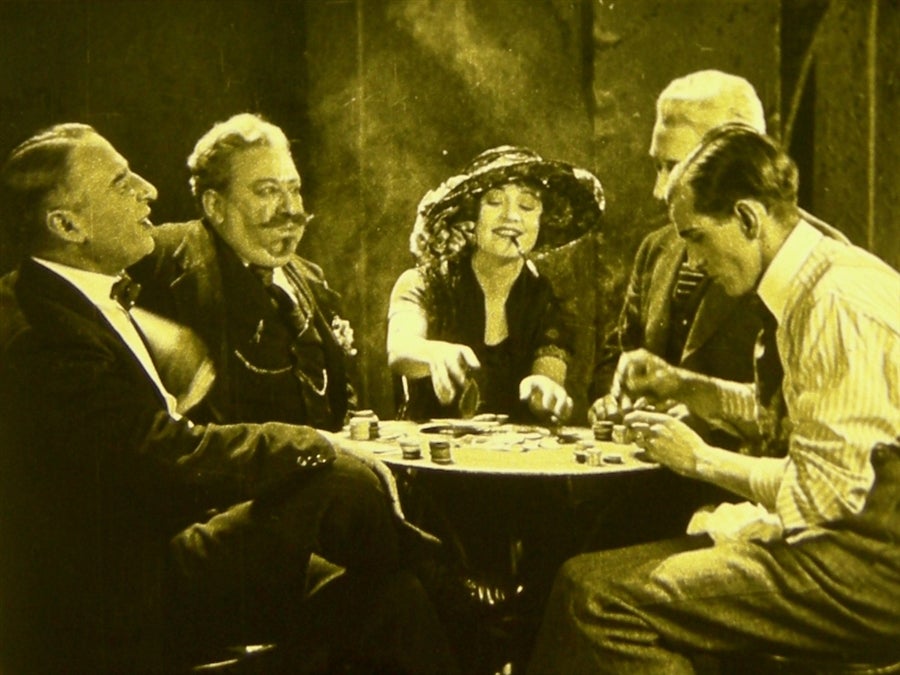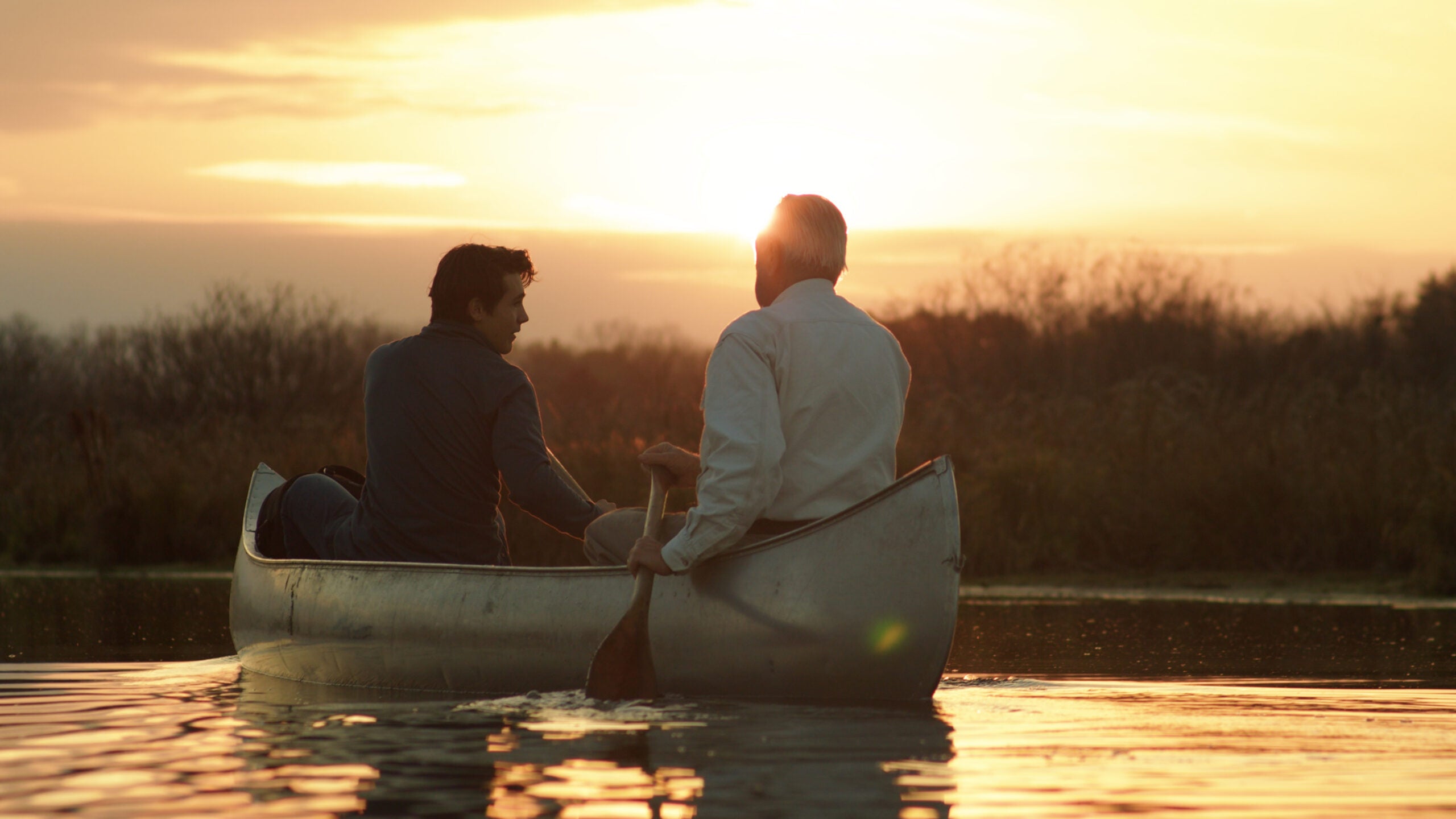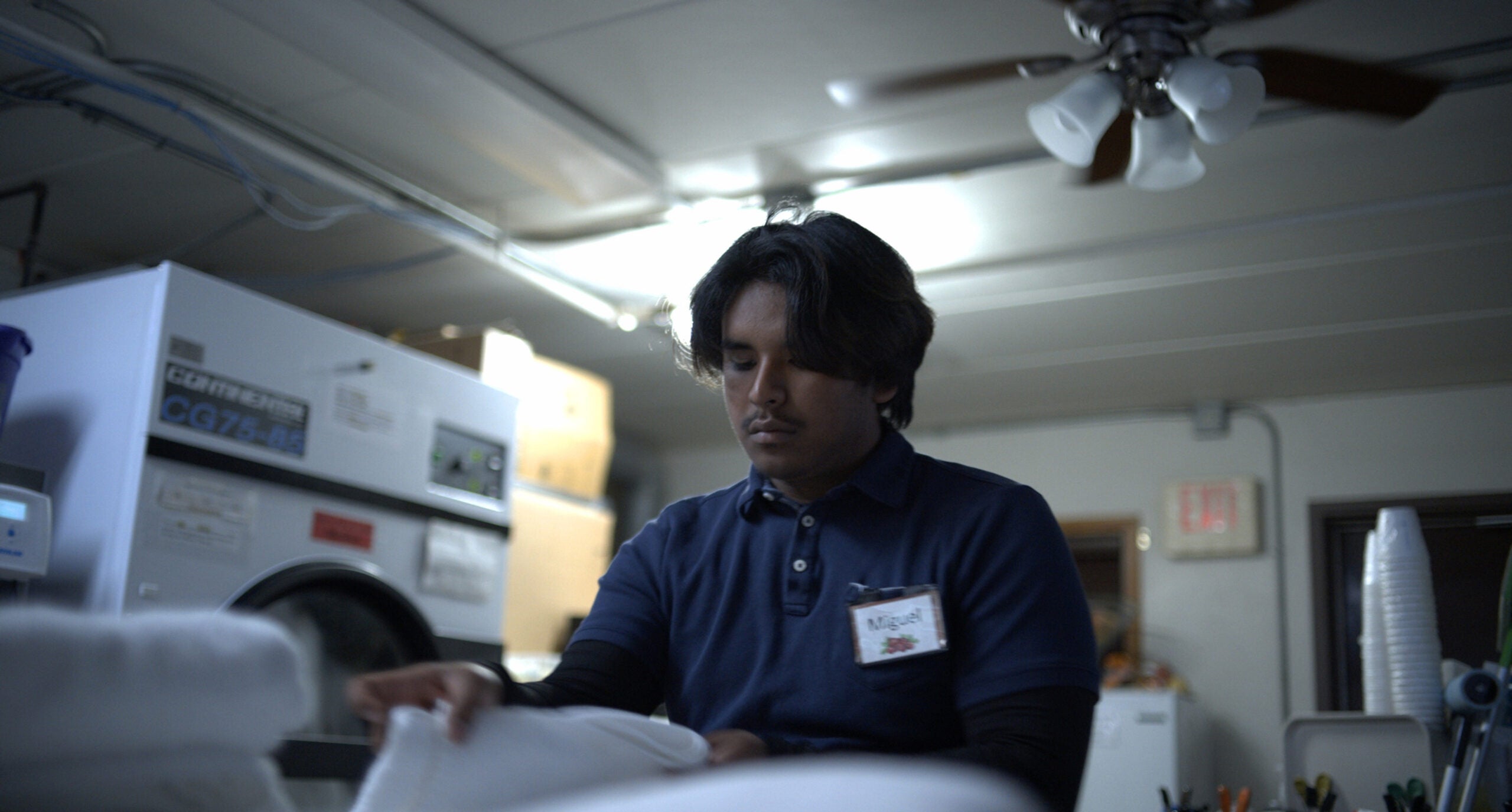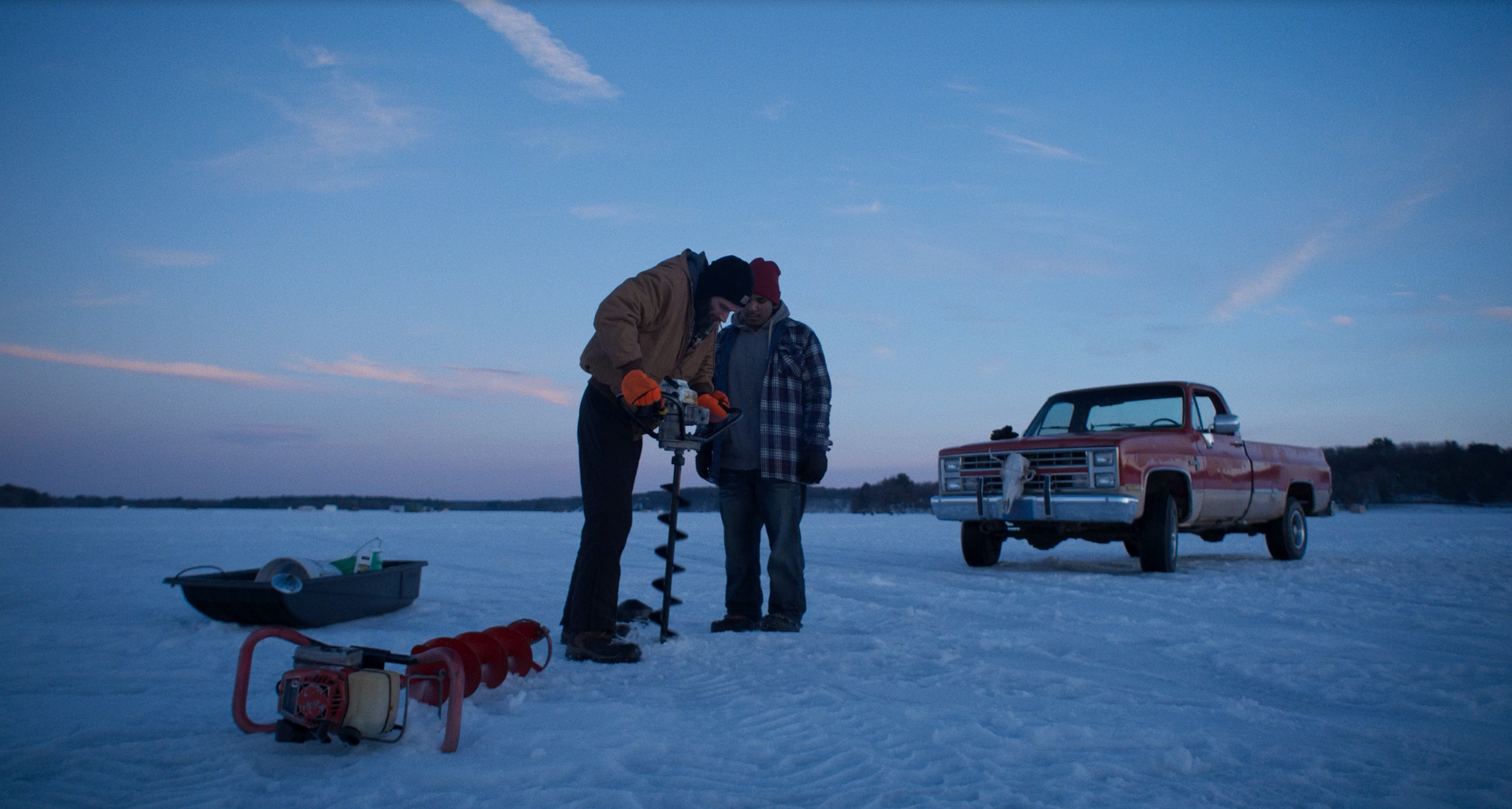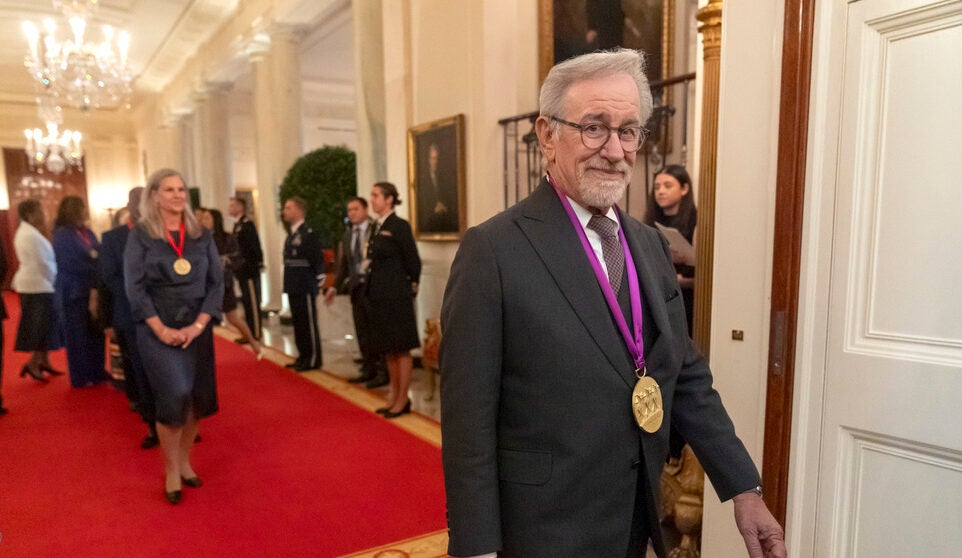It’s almost time again for the Wisconsin Film Festival (WFF), playing on screens around Madison starting Thursday night and lasting a week.
Jim Healy is the Director of Programming for the WFF.
Terry Bell: What are some of the offerings that set this year’s edition of the Wisconsin Film Festival apart from past years?
Stay informed on the latest news
Sign up for WPR’s email newsletter.
Jim Healy: We have a sidebar of films by the great French New Wave director Jacques Demy, and also some selections of rarities by Alfred Hitchcock.
TB: I’m really intrigued by those. People know Hitchcock probably from “The Birds,” or “Psycho,” – his big Hollywood films. What would they see in his early work that might surprise them, or maybe give them glimpses of what was to come in the future?
JH: In fact, we have what remains of the earliest film he ever worked on. It’s a movie called “The White Shadow.” The first three reels of the film were found in New Zealand a few years ago. It was thought lost for decades and decades – completely lost. The film is not complete – we do have only what remains, which is the first half of the film. But it’s the first film Hitchcock worked on. He did not direct it, but he did almost everything else on it. I think what we’ll see is how versatile he was, and how interested he was in every aspect of the film industry. Because it’s not just a thriller that we expect him to be working on.
We’re showing that with what was his last silent film, which also happened to be his first sound film. It’s a movie called “Blackmail,” which everyone knows as his first sound film. But in fact he made an alternate silent version, which really showed him at the peak of his craft as a visual storyteller in 1929.
TB: There are movies made from Wisconsin.
JH: Everything from “The Lumberjack,” which is the oldest known complete film from Wisconsin. It celebrates its 100th year this year. It’s a movie made in Wausau. We also have some new films by new artists, who I think are really significant filmmakers living in our midst. We have from Green Bay, “Shooter and Whitley,” which is an experimental by Laura Stewart which explores the biking culture in Green Bay.
TB: (“Shooter and Whitley”) really intrigues me. It’s a fictional documentary. It sounds like a drama that looks like a documentary.
JH: That’s right. She used all non-professional actors, who are fixtures in the motorcycle bar scene up there, and put them together in relationships in the film that they don’t have in real life, but it yielded some really evocative results.
TB: (There are) some special guests too, including one of my favorite directors, Alexander Payne. He’s going to screen a film that had a big influence on him.
JH: He selected a film to screen for us called “Il Sorpasso,” which is an Italian dramedy from 1962. It’s a road comedy about a brash womanizer, and his young, more shy companion.
TB: Shades of Jack and Miles?
JH: Exactly. It is definitely a predecessor to “Sideways.”
Wisconsin Public Radio, © Copyright 2025, Board of Regents of the University of Wisconsin System and Wisconsin Educational Communications Board.
